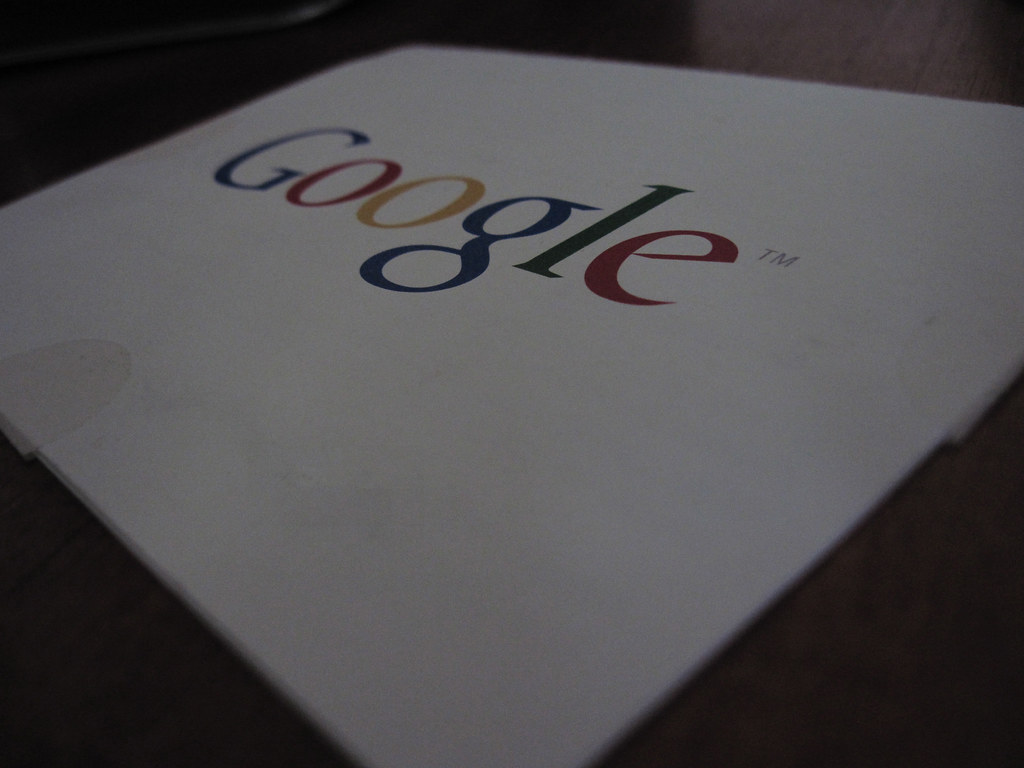Key Takeaways:
• Google has deleted its seven-year EU-focused political ads archive.
• The removal erases data on campaign spending and targeting in 27 countries.
• Researchers and journalists lose a vital tool to study election influence.
• Regulators demand probes to safeguard electoral transparency.
• The action raises concerns about digital accountability and public trust.
What the Google Ads Archive Deletion Means
Google has erased its public file of political ads aimed at Europe. This archive covered seven years of spending, messaging, and audience targeting. It spanned elections in 27 nations. With the archive gone, experts cannot track how campaigns tried to sway voters. Their strategies, budgets, and audience details have vanished. Consequently, it becomes harder to spot misleading ads or hidden influence.
Background: A Window into Election Campaigns
In 2018, Google launched its EU political ads archive. The archive stored ads on search, video, and display networks. It showed who paid for each ad, when it ran, and who saw it. For example, researchers could see which age groups a campaign targeted. They could also compare spending across countries. Journalists used these records to expose shady tactics. Regulators used them to enforce fair rules. Therefore, the archive served as a watchdog tool.
Why Google Deleted the Archive
Google said it removed the archive due to a system update. However, the change wiped out all political ad entries. This happened without warning. As a result, no data remains accessible. Moreover, the company did not offer an alternative portal. Thus, the entire seven-year record is now gone.
Impact of Google Ads Archive Removal on Research
Without this data, experts lose a crucial means to analyze digital influence. Researchers studying fake ads or foreign interference now face a gap. They cannot trace patterns in spending or targeting. Likewise, journalists can’t verify claims about ad reach or budgets. Regulators also struggle to check compliance with EU ad rules. Simply put, the archive deletion creates a black hole in campaign oversight.
Consequences for Transparency and Accountability
Transparency means voters can see who tries to influence them. Now, that clarity has vanished. Hidden spending and audience choices may go unchecked. Bad actors could exploit this gap to spread lies. Meanwhile, citizens cannot easily fact-check or hold campaigns accountable. Therefore, trust in online ads may erode further. In addition, smaller watchdog groups lack resources to rebuild lost records.
Reactions from Regulators
EU regulators and election watchdogs have voiced alarm. They argue that this move risks free and fair elections. Some officials demand formal investigations into Google’s actions. They seek to understand why the data was wiped and if it breached any rules. Moreover, they want Google to restore or replace the archive. Without swift action, regulators fear unchecked ad manipulation. In response, Google has said it will review past steps and consider improvements. Yet no clear timeline exists.
What Comes Next for Digital Ad Transparency
First, regulators might force Google to rebuild the archive. They could impose fines or legal measures. Next, lawmakers may draft stricter rules for ad data retention. They might require all digital platforms to maintain public logs. Furthermore, alternative archives could emerge. Nonprofit groups may try to collect and store ads in real time. However, rebuilding seven years of data will prove costly. In the meantime, researchers and journalists must rely on snapshots from other sources.
Protecting Future Elections
To secure digital accountability, platforms must commit to open data. They need robust systems that prevent accidental deletions. Meanwhile, independent oversight bodies should audit archives regularly. Collaboration between tech firms, regulators, and civil society can strengthen safeguards. Citizens also have a role. They should demand clear records of who pays for online ads. Public pressure can push companies toward better transparency.
Final Thoughts
The removal of the Google ads archive leaves a major blind spot in EU election oversight. It erases vital evidence of campaign tactics and spending. Now, experts and officials face uphill battles to track influence efforts. Moving forward, stronger rules and better safeguards are essential. Otherwise, hidden ad campaigns could sway elections without detection.
FAQs
Why did Google delete its seven-year archive?
Google cited a system update that led to a complete data wipe. They did not offer a replacement archive in its place.
How does the archive deletion affect researchers?
Researchers lose key information on ad spending and targeting. They cannot trace patterns or verify campaign tactics.
What are regulators doing in response?
Regulators are calling for investigations. They aim to determine if Google broke rules and to force data restoration.
Can alternative archives fill the gap?
Nonprofits may build alternative logs, but restoring seven years of data will be hard and expensive.
